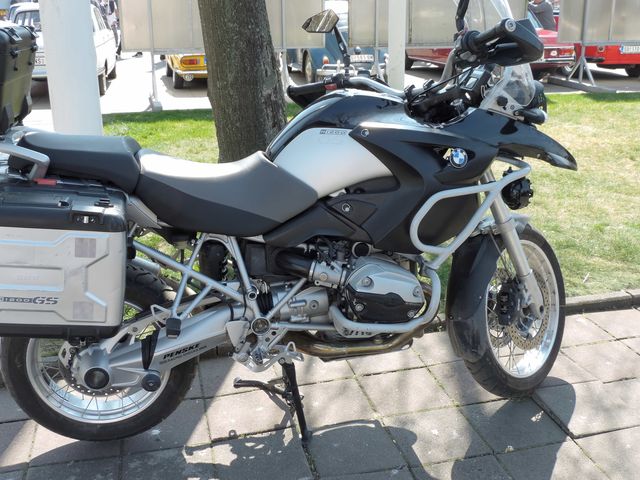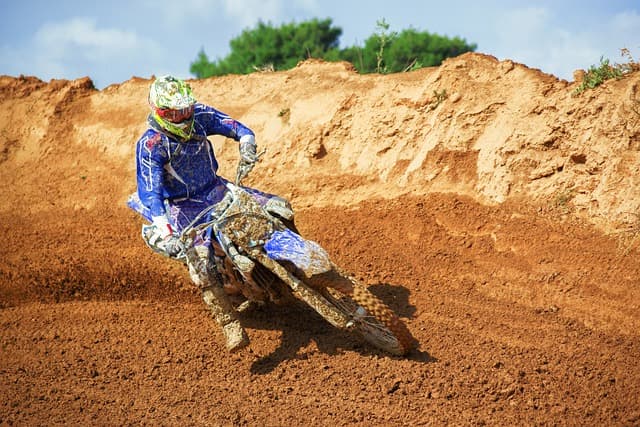Becoming a motorbike rider in New Zealand is an exhilarating venture, but it’s one that requires you to navigate a well-structured licensing process. If you’re looking to feel the wind on your face and the freedom of open roads, this serves as your comprehensive roadmap to obtaining a motorbike license in the Land of the Long White Cloud.
Understanding the Different Motorcycle License Classes
The motorbike licensing system in New Zealand is a tiered structure, with three major classes: Learner, Restricted, and Full. Each comes with its own set of requirements, privileges, and limitations.
The Learner License (L)
As a greenhorn motorcyclist, the Learner License grants you the ability to ride a motorcycle only under certain restrictions, especially related to power output and supervision.
The Restricted Motorcycle License (R)
Acquiring a Restricted License is your next step, which gives you more freedom on the road compared to the Learner License but still imposes some limitations, such as a zero alcohol limit.
The Full Motorcycle License (F)
The Full Motorcycle License is the holy grail for riders, with almost no restrictions other than abiding by the road rules like every other motorist.
To decide which class you are aiming for, consider your long-term riding goals. Are you content with riding a small-to-medium bike, or do you aspire to the power of a high-displacement motorcycle?
The Motorcycle Licensing Process in Detail
To obtain a motorbike license in New Zealand, you’ll need to undergo several stages of theory and practical assessments.

Stage 1: The Learner License
The first stage is obtaining your Learner License. To do this, you must:
- Be at least 16 years old
- Hold a New Zealand car license or a motorcycle learner permit
- Pass a basic handling skills test
- Pass the theory test relevant to motorcycling
This stage is essential for building a strong foundation of motorcycle knowledge and skills.
Stage 2: The Restricted License
After holding a Learner License for at least six months, you can move onto the Restricted License stage. Here’s how:
- You must pass the Restricted License assessment
- Complete an approved motorcycle training course (known as the Ride Forever Bronze course)
As you transition to the Restricted License, you’ll gain experience on the road, honing your skills and understanding under real conditions.
Stage 3: The Full License
The final stage is obtaining your Full License, which becomes possible after holding a Restricted License for at least 18 months.
- Pass the Full License assessment
- Complete a further Ride Forever advanced skills course, known as the Gold course
This stage focuses on fine-tuning your riding abilities, decision-making skills, and confidence at higher speeds and in varying conditions.
Practical Considerations
Your training and assessments must occur under the correct conditions to ensure safety for you and other road users.
Riding School versus Self-Preparation
Attending a reputable riding school simplifies the process, providing structured training and guidance. However, you can prepare independently if necessary.
Safety Gear and Motorcycle Choice
While practicing and taking tests, always wear the appropriate safety gear. Additionally, if looking to purchase a motorcycle for your training and beyond, consider the type and size of motorbike you will ride.
The Costs of Getting Your Motorbike License in New Zealand
From theory test fees to practical assessment costs, obtaining a motorcycle license in New Zealand is not cheap.
Exam and Assessment Fees
Each stage involves different costs for the tests and assessments.
Training Costs
If you choose to attend a riding school or course, there will be additional fees.
Gear and Equipment
Investing in quality safety gear is crucial for training and eventual riding.
Motorcycle Purchase or Rental
If you don’t already have a motorcycle, you’ll need to allocate funds for its rental or purchase.
Understand these costs upfront to plan your budget effectively.
FAQ: Common Questions and Concerns
Navigating the motorcycle licensing journey often sparks numerous questions. Here are answers to a select few:
Can I Ride a Motorbike With a Car License in New Zealand?
No, you cannot. You need either a motorcycle learner permit or a full motorcycle license to legally ride in New Zealand.
What CC Motorbike Can I Ride on a Learner License in NZ?
On your learner or restricted license, you can ride a motorbike with:
- A power output of 11 kilowatts or less (about 15 horsepower) per 100 kilograms of bike weight, dry weight without fuel and other liquids
- A restricted motorbike with an engine capacity of 250cc or less if the power to weight ratio is compliance
Understanding these specifications ensures you select a suitable bike for your level of licensing.
Enhancing Your Experience: Socializing and Continuing Education
Once you have your motorcycle license, the learning doesn’t stop. Continuing education through advanced riding courses and joining rider associations will enhance your skills and connect you with other enthusiasts.
Joining a Motorcycle Club
Look for groups or clubs that align with your interests and riding style.
Advanced Rider Training
Enrolling in post-licensing courses can significantly raise your proficiency and safety levels.
Refresher and Maintenance Training
Regularly revisiting and refreshing your skills will keep them sharp. Additionally, understanding basic motorcycle maintenance can save you money and prevent issues on the road.
Conclusion: Your Journey as a Motorbike Rider
Obtaining a motorbike license in New Zealand is more than just a bureaucratic exercise; it’s a passage to a vibrant and dynamic community of riders. Cherish this learning period, and keep the road ahead in focus as you progress in your riding journey.
With this comprehensive guide at your disposal, take the first step confidently, keeping safety and proficiency at the core of your training. Remember, every mile you ride, every curve you navigate, is an opportunity to grow as a rider. Safe travels, and enjoy the ride!




